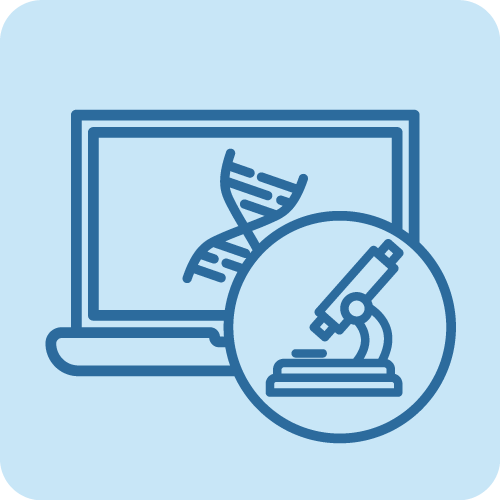Inteligencia Artificial para la Prevención de Enfermedades Crónicas a través de una Nutrición Personalizada (AI4FOOD-CM Y2020/TCS-6654)
Obesity is a prevalent and preventable condition that has increased alarmingly in recent decades and is associated with low-grade chronic inflammation and a range of non-communicable diseases. Although the aetiology of obesity has been simplified as an energy imbalance, multiple factors contribute to its development, making its treatment complex. Current methods for diagnosing obesity and overweight have significant limitations therefore, a more personalised approach to nutritional guidance is needed to account for differences in response to dietary affected by environmental and genetic factors. In addition, nutritional therapy and research continue to face issues such as measurement errors, memory biases, and others. The objective of this work is to present the AI4Food project. Massive data capture has been carried out using traditional and digital methods throughout a nutritional intervention for healthy weight loss in order to compare both data collection methodologies and integrate all the information of the variables obtained with artificial intelligence. A total of 93 (28 males, 65 females, mean age of 49.60 (SD ± 12.78) years) participants completed one-month prospective and crossover nutritional intervention with a traditional and digital group. Anthropometric measurements, vital signs, clinical history, and lifestyle habits were registered in all visits. Moreover, in the traditional intervention the questionnaires: 3-day food record, physical activity (IPAQ), sleep pattern (COS), psychological and emotional state (DASS-21), and health status and quality of life (SF-36) were used. In the digital intervention, the sensors Freestyle Libre 2 Glucometer and smartwatch Fitbit Sense were used to monitor glucose levels and lifestyle (heart rate, heart rate variability, sleep patterns, electrodermal activity, etc.) and diet was monitored by image captures. Faecal and blood samples were collected for future analysis. Preliminary results are promising as both data collection methodologies have been successfully compared and all information on the variables obtained has been integrated. It will allow for improving and personalising the lifestyle recommendations given to the population.
Members (researchers): Enrique Carrillo de Santa Pau
Information
Type of Funding: Regional
Period: 2021-2024

